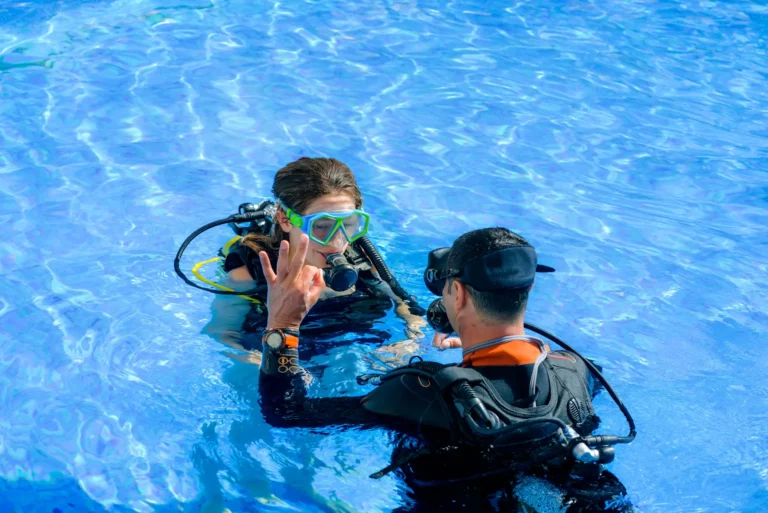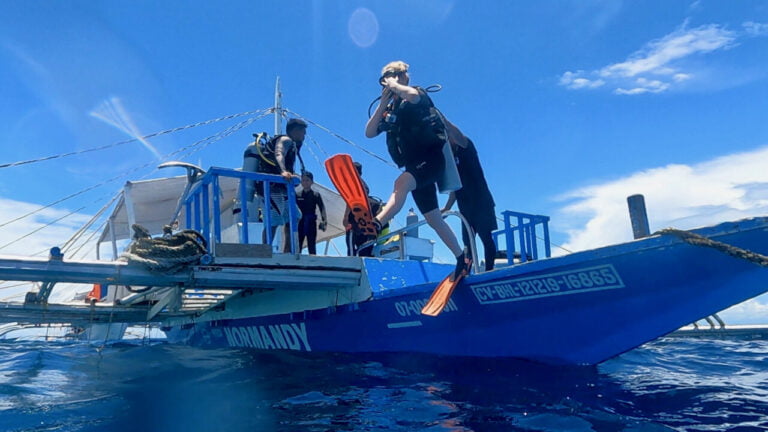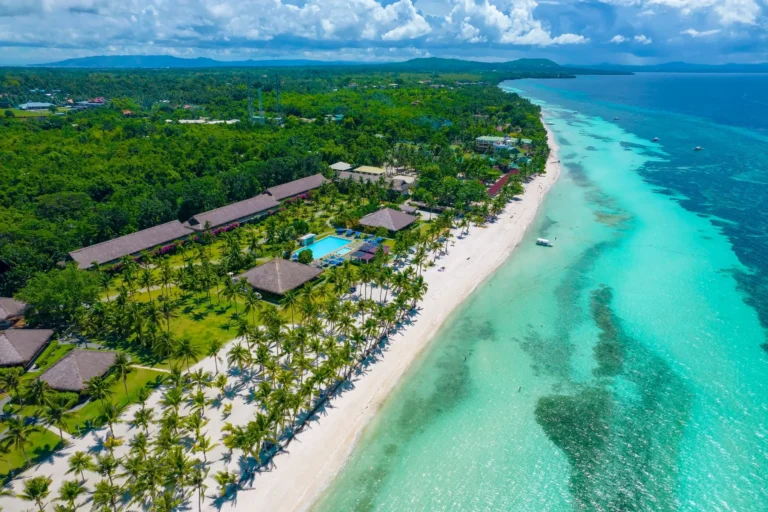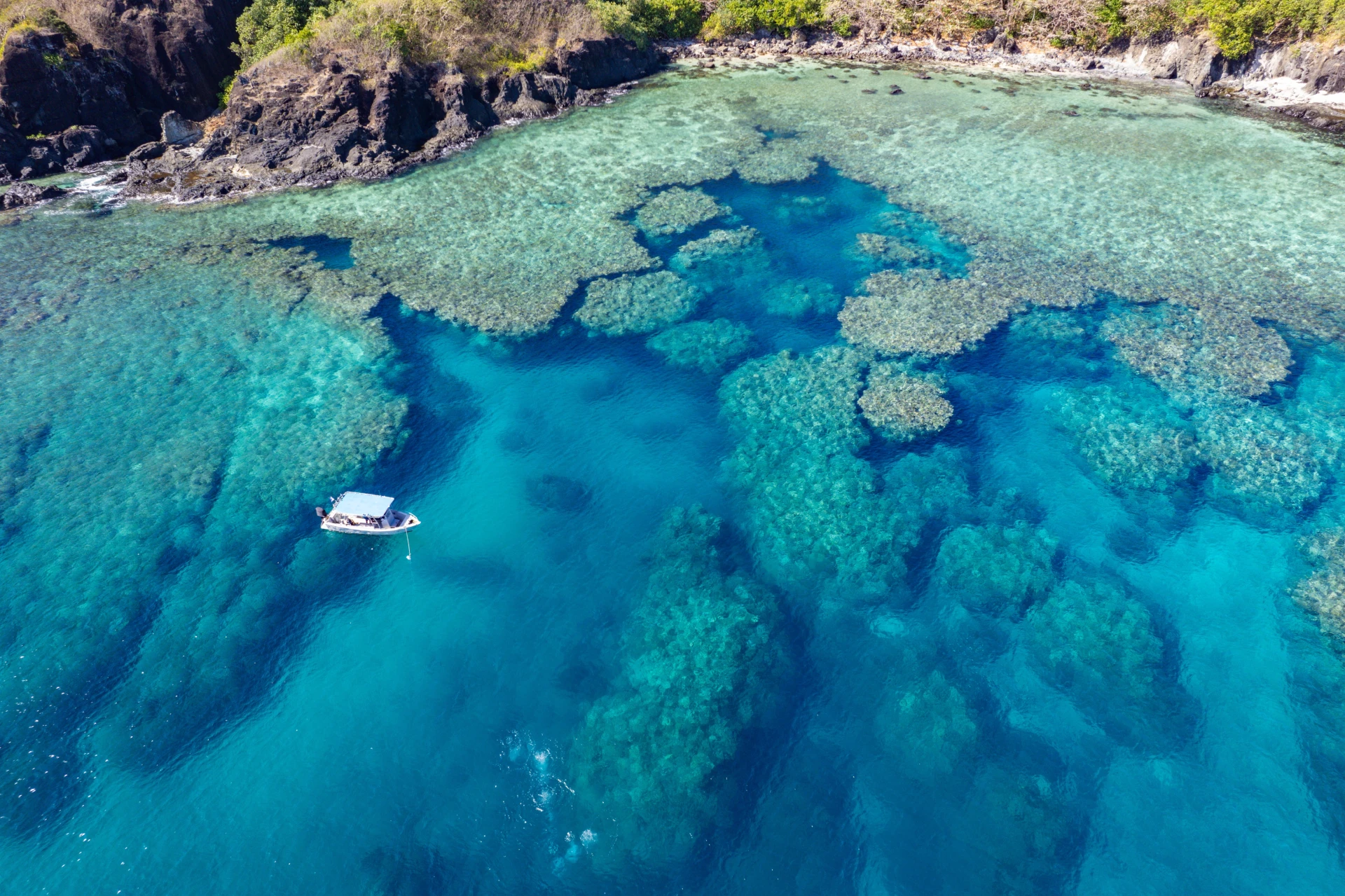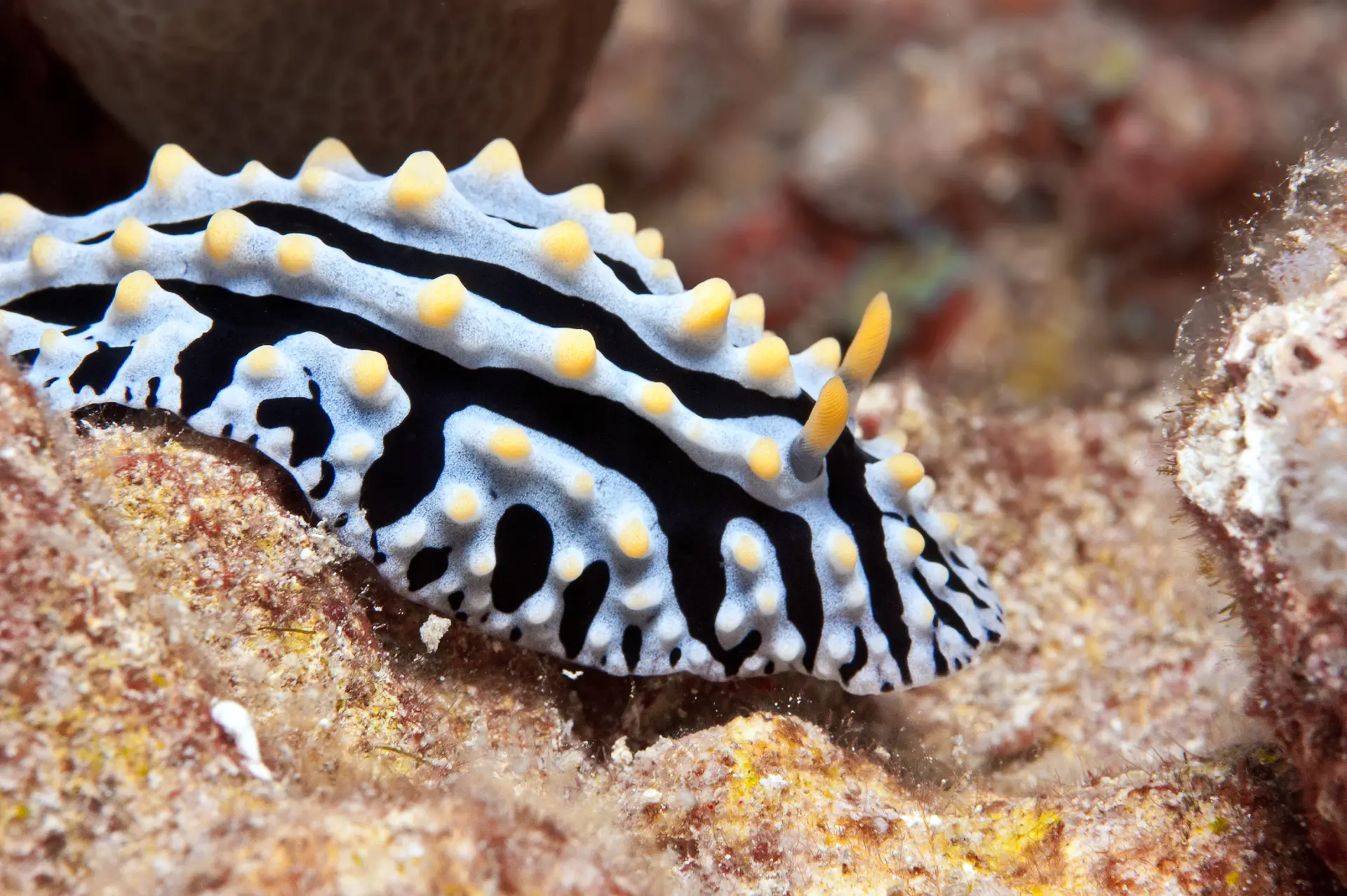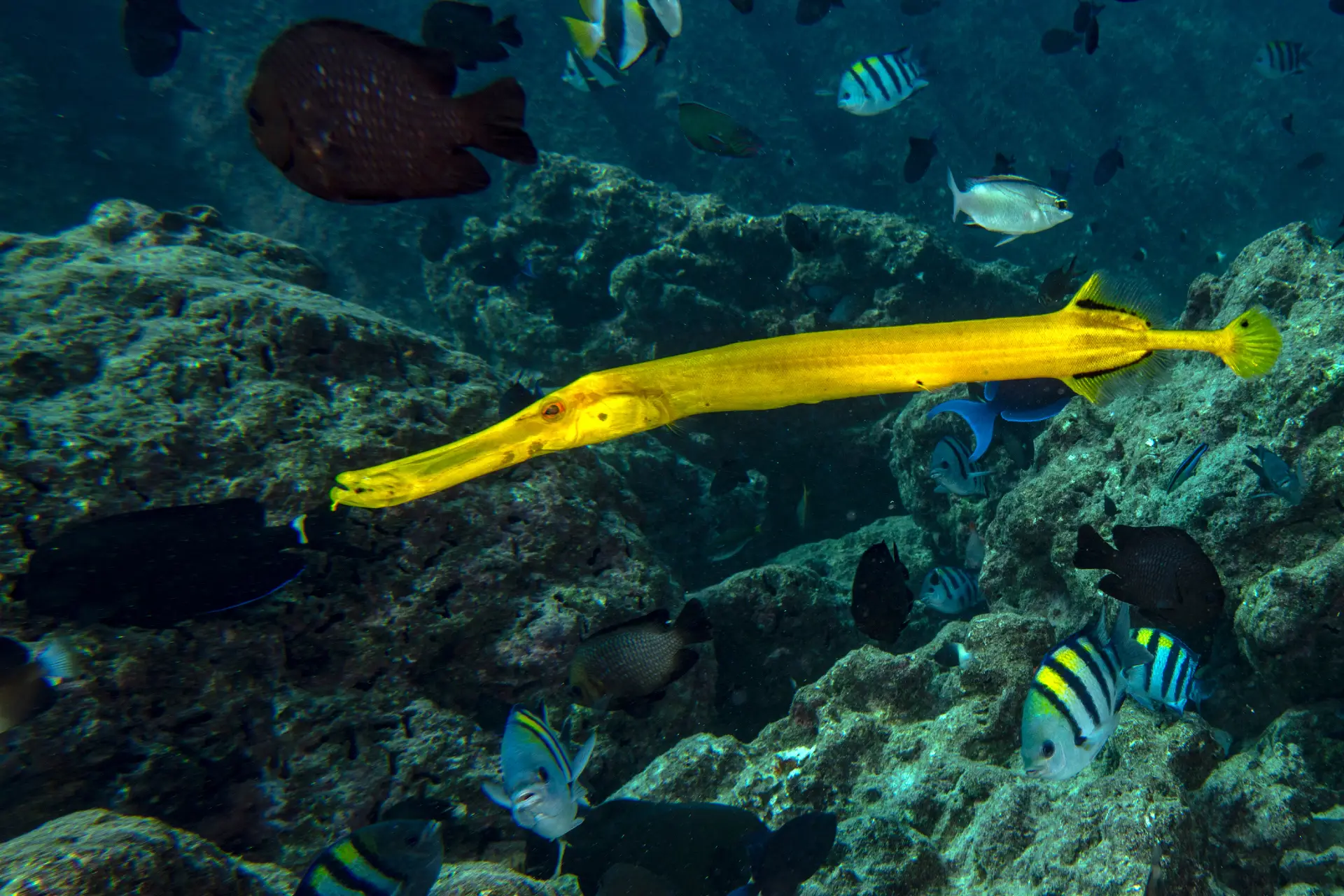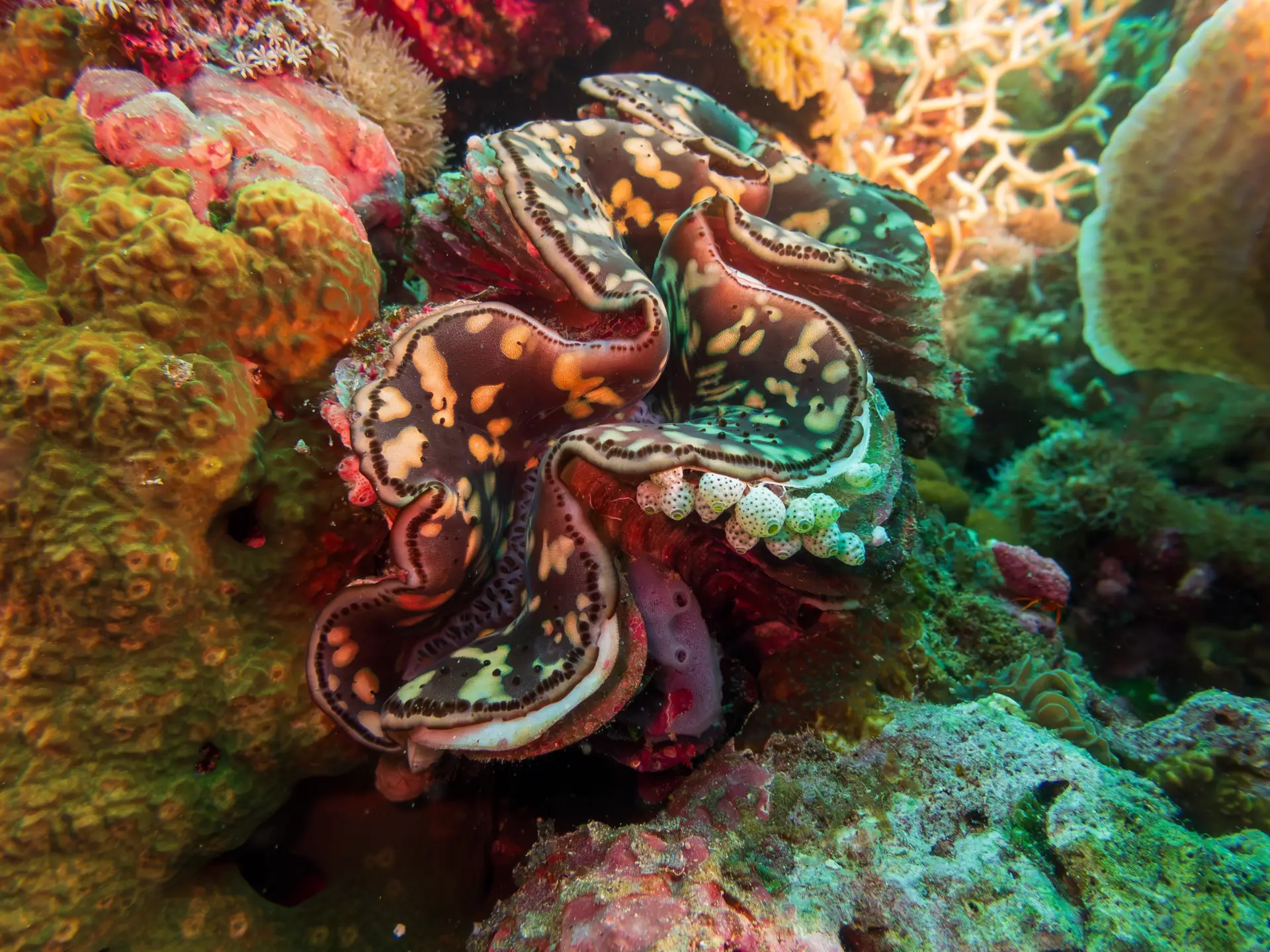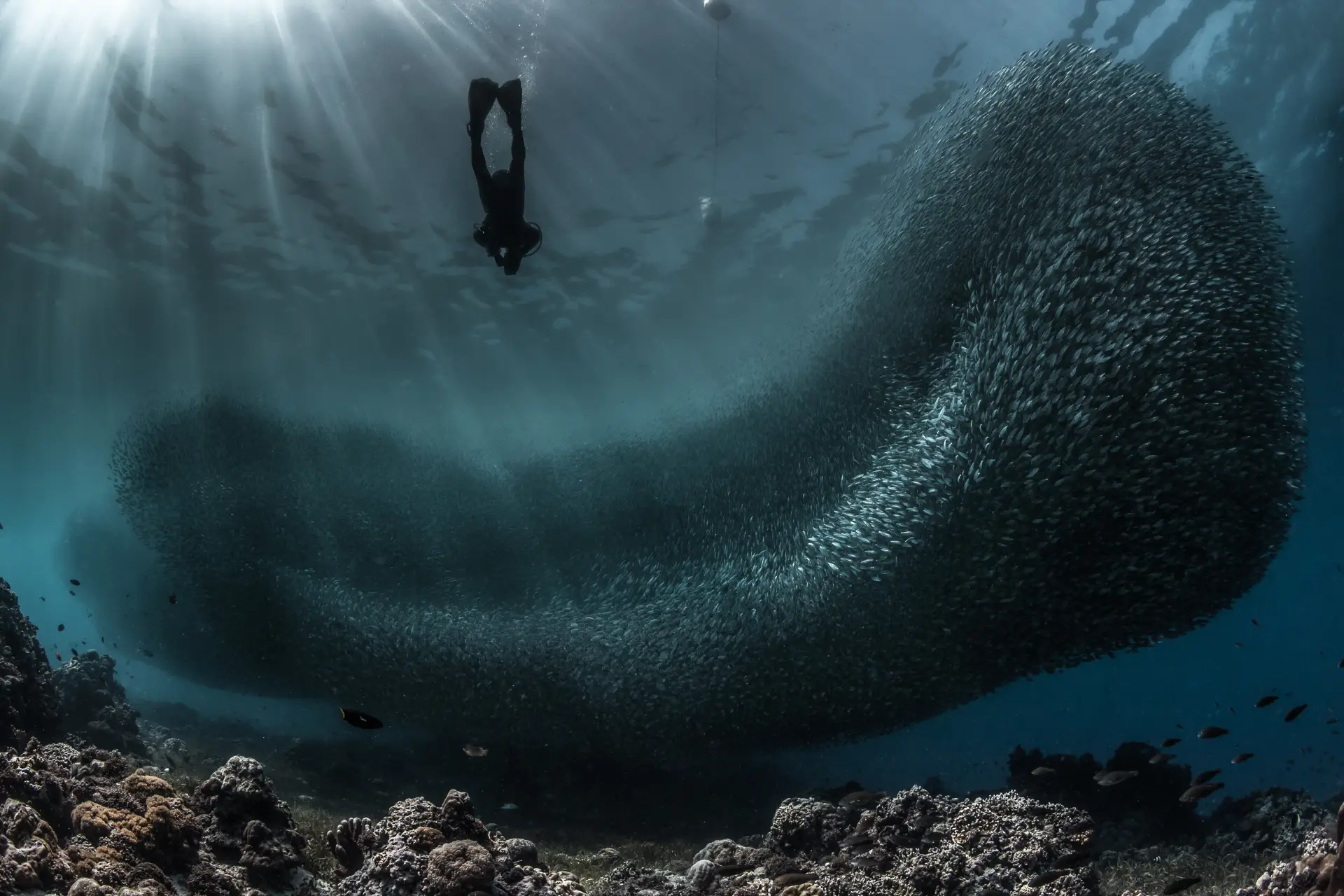Why Soft Skills Are Just as Important as Dive Skills for Instructors
Becoming a PADI Instructor is about more than just mastering dive techniques and theory—it’s about inspiring others, creating safe and enjoyable learning environments, and fostering a passion for the underwater world. While technical skills ensure that instructors can dive safely and teach effectively, soft skills are what differentiate a great instructor from an average one.
At Sierra Madre Divers, we recognize the importance of both sets of skills in producing confident, well-rounded dive professionals. Our Instructor Development Course (IDC) emphasizes not only technical proficiency but also the development of essential soft skills that help candidates succeed in their careers. In this article, we’ll explore why soft skills matter just as much as dive skills for instructors and how we help future instructors cultivate these abilities.
What Are Soft Skills and Why Are They Important?
Soft skills refer to interpersonal attributes and personal qualities that affect how someone interacts with others. These include communication, empathy, adaptability, leadership, problem-solving, and the ability to build trust. For a dive instructor, these skills are critical in ensuring students feel comfortable, motivated, and safe throughout their training.
While technical diving skills ensure instructors can demonstrate and teach proper techniques, soft skills are what allow them to:
- Effectively communicate complex ideas in a simple, relatable way
Diving involves understanding and applying various technical concepts. A good instructor knows how to break down complex ideas into digestible information that students can easily understand and remember. - Build trust and confidence in students
Learning to dive can be intimidating for new students. Instructors with strong interpersonal skills can create an atmosphere of trust and encouragement, helping students overcome their fears and gain confidence in their abilities. - Adapt to different learning styles
No two students are alike—some learn best by watching demonstrations, others by listening, and some by doing. Soft skills like adaptability and active listening enable instructors to tailor their teaching methods to suit each student’s needs. - Maintain composure in challenging situations
Diving can present unexpected challenges, such as changes in weather, equipment issues, or nervous students. An instructor’s ability to stay calm, assess the situation, and provide clear instructions is crucial in ensuring a safe outcome.
Key Soft Skills Every Dive Instructor Should Develop
Here’s a closer look at the most important soft skills for dive instructors and how they enhance both the teaching experience and student success:
Communication
Clear communication is the cornerstone of effective instruction. Instructors must be able to explain concepts, give feedback, and issue safety instructions in a way that students understand. Non-verbal communication, such as hand signals and body language, is equally important underwater.
At Sierra Madre Divers, we help IDC candidates practice their communication skills by simulating real-world teaching scenarios and providing constructive feedback on how to improve clarity and delivery.
Empathy and Patience
Learning to dive is a significant milestone for many people, and it can be a nerve-wracking experience. Instructors who display empathy and patience help students feel heard and supported, which enhances their learning experience and builds trust.
Our experienced Course Directors at Sierra Madre Divers coach candidates on how to recognize when students need extra support and how to respond with understanding and encouragement.
Adaptability
Every class and dive session is different. Students come with varying levels of confidence, learning speeds, and physical abilities. A great instructor knows how to adjust their teaching methods and dive plans to accommodate these differences.
During our IDC program, we expose candidates to a range of teaching environments and student profiles, helping them develop the flexibility needed to handle diverse situations.
Leadership and Confidence
Instructors are not just teachers—they are leaders. They must inspire confidence in their students, guide them through challenges, and ensure their safety at all times. This requires a balance of authority, knowledge, and approachability.
Our training emphasizes leadership development, giving candidates the tools they need to take charge while remaining approachable and supportive.
Problem-Solving
Unexpected situations can arise during dives, from minor equipment issues to environmental changes. Instructors must think quickly and calmly to resolve problems and ensure everyone’s safety.
Through hands-on scenarios and emergency response drills, Sierra Madre Divers helps candidates develop critical problem-solving skills and the ability to stay composed under pressure.
How Sierra Madre Divers Fosters Soft Skills Development
At Sierra Madre Divers, we take a holistic approach to instructor training, recognizing that soft skills are just as crucial as technical expertise. Here’s how we help our IDC candidates develop these essential skills:
Real-World Teaching Experience
Our IDC candidates don’t just learn in the classroom—they gain real-world teaching experience by assisting with actual student divers. This hands-on approach helps candidates develop their communication, empathy, and adaptability skills in a practical setting.
Personalized Coaching and Feedback
We believe in providing personalized support to every candidate. Our experienced Course Directors offer ongoing feedback on both technical performance and interpersonal interactions, helping candidates refine their soft skills throughout the course.
Collaborative Learning Environment
Learning alongside other aspiring instructors creates opportunities for peer-to-peer learning and support. Candidates practice giving presentations, leading briefings, and managing groups, which helps them build confidence and leadership skills in a supportive environment.
Focus on Student-Centered Teaching
Our IDC program emphasizes a student-centered approach, encouraging candidates to focus on the needs and experiences of their future students. By putting themselves in their students’ fins, candidates develop the empathy and patience needed to be great instructors.
Why Soft Skills Set Great Instructors Apart
While technical skills are critical for ensuring safety and effective teaching, it’s the soft skills that set great instructors apart. A technically proficient instructor who lacks empathy or communication skills may struggle to create a positive learning environment, whereas an instructor with strong soft skills can inspire, motivate, and build lasting connections with students.
In the diving industry, word-of-mouth and personal recommendations are powerful. Divers remember instructors who made them feel safe, encouraged them to push their limits, and shared their passion for the ocean. By honing both technical and soft skills, instructors can leave a lasting impact on their students and build a successful career in the diving world.
Ready to Become a Well-Rounded Dive Instructor?
If you’re ready to take the next step in your diving career and become a well-rounded instructor, Sierra Madre Divers is here to guide you. Our IDC program in Panglao, Bohol, provides the perfect balance of technical training and soft skills development, ensuring you graduate as a confident, capable, and inspiring PADI Instructor.
Contact us today or visit our website to learn more about our Instructor Development Course and start your journey toward becoming a world-class dive instructor!

